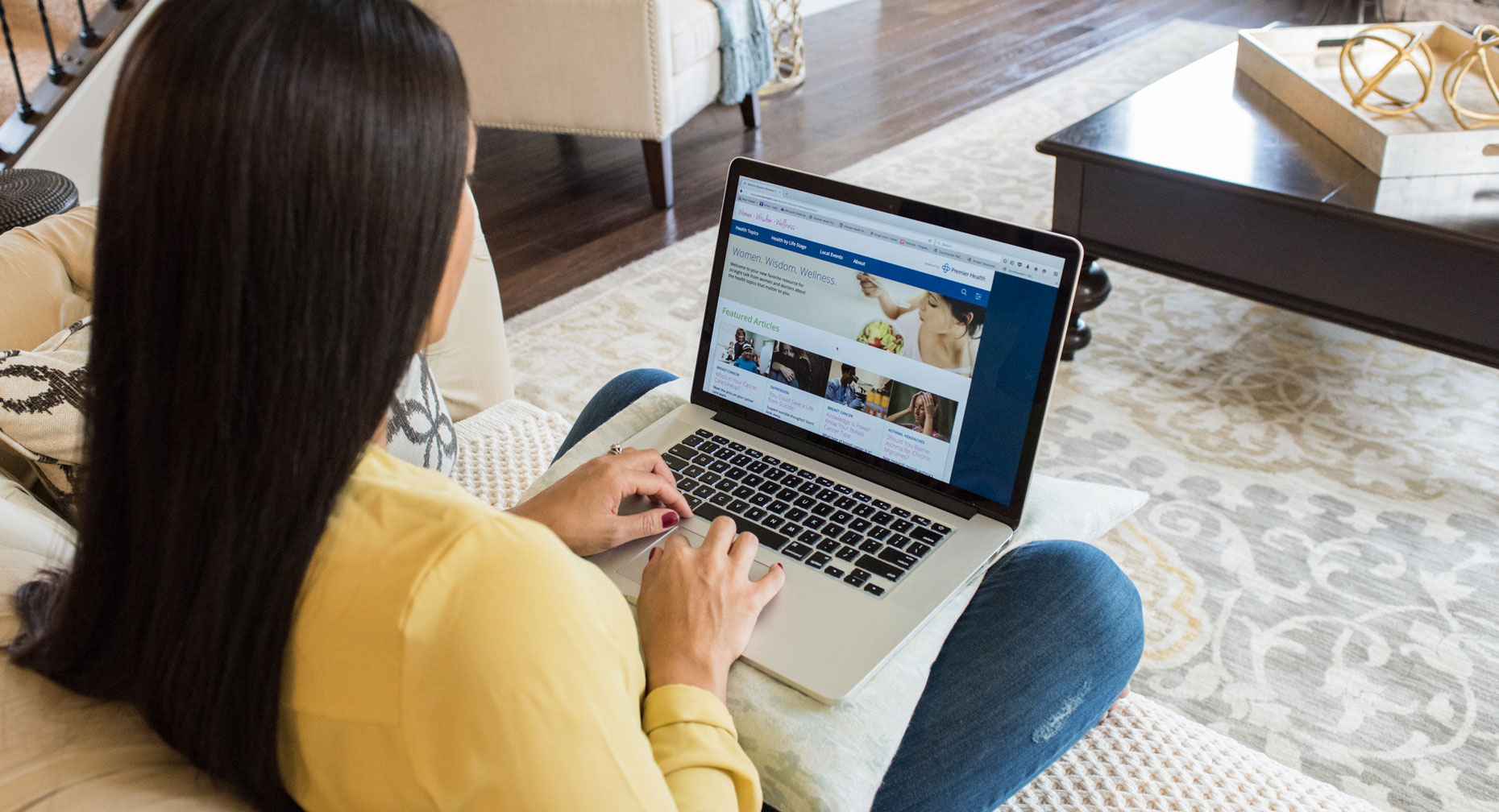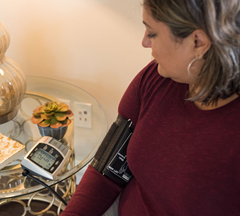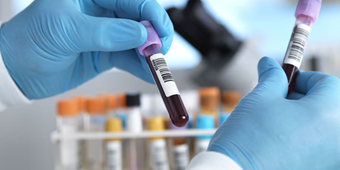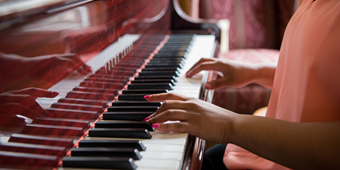When To Worry About Low Blood Pressure

We all know that high blood pressure can be dangerous. But what about low blood pressure
Also called hypotension, low blood pressure is not a problem if you’re healthy and show no signs or symptoms of the condition. However, abnormally low blood pressure can cause problems such as dizziness and fainting and can be a sign that other serious conditions, such as heart disease, are present.
What Is Blood Pressure?
 Blood pressure is the force of blood pushing on the artery walls as it is pumped out of the heart. Blood
pressure is measured in two kinds of pressures. Systolic pressure is when the heart beats while pumping blood. Diastolic pressure is when the heart is at rest between beats.
Blood pressure is the force of blood pushing on the artery walls as it is pumped out of the heart. Blood
pressure is measured in two kinds of pressures. Systolic pressure is when the heart beats while pumping blood. Diastolic pressure is when the heart is at rest between beats.
Blood pressure is measured in millimeters of mercury (mmHg). Systolic pressure is listed first (or the “top” number), then diastolic pressure (or the “bottom” number).
Normal blood pressure in adults is less than 120/80 mmHg. Low blood pressure is a reading below 90/60 mmHg.
Most forms of hypotension happen because your body can't bring blood pressure back to normal or can't do it fast enough.
For some people, low blood pressure is normal. They have it all the time, with no symptoms or negative side effects.
In other people, abnormally low blood pressure is caused by certain medical conditions or factors. When this happens, less blood and oxygen flow to the body's organs.
Symptoms And Causes Of Low Blood Pressure
Many different conditions and situations can cause low blood pressure, from standing up too fast to being pregnant. Sometimes, low blood pressure is linked to an underlying problem. That’s why it’s important to see your doctor right away if you experience the signs of low blood pressure.
Symptoms of low blood pressure can include:
- Dizziness
- Fainting
- Dehydration
- Lack of concentration
- Blurred vision
- Nausea
- Cold, clammy and pale skin
- Rapid, shallow breathing
- Fatigue
- Depression
Low blood pressure can be a sign of serious heart, endocrine or neurological conditions. If left untreated, the brain and other vital organs do not get the oxygen and nutrients they need. In extreme cases, this can cause shock, a life-threatening condition.
If you show signs of low blood pressure, your doctor will conduct an exam and may perform tests to determine what’s causing the condition. Low blood pressure can occur with many other conditions.
Some causes of low blood pressure are:
- Prolonged bed rest, in which circulation decreases due to lack of movement
- Heart problems that prevent the heart from being able to circulate enough blood
- Endocrine problems, such as an under-active thyroid
- Pregnancy. Blood pressure often drops in the first 24 weeks of pregnancy.
- Decrease in blood volume from trauma, dehydration, or internal bleeding
- Certain medicines. Medicines that treat hypertension, heart conditions, Parkinson’s disease, depression, and erectile dysfunction can lower blood pressure.
- Nutritional deficiencies, such as a lack of vitamin B-12 and folic acid, may lead to anemia, which can cause low blood pressure.
- Severe infections like septic shock, when bacteria enter the blood stream
- Severe allergic reaction (anaphylaxis) that causes problems with breathing and sudden drop in blood pressure
- Postural (orthostatic) hypotension, a rapid blood pressure drop when standing from a sitting or lying down position
- Neurally mediated hypotension, which is a blood pressure drop after standing for long periods
Living With Low Blood Pressure
Medicines and lifestyle changes can help you live safely with chronic low blood pressure. Your doctor can recommend steps you can take to manage your low blood pressure. These actions can help control the condition:
Drink more water. This can help avoid dehydration.
Medicines and lifestyle changes can help you live safely with chronic low blood pressure.
Avoid alcohol. Alcoholic beverages are dehydrating, and alcohol changes how medicines work in your body.
Slow down. Take your time when standing up. If lying down, sit up first. Then wiggle your feet and move your legs. This will increase circulation and get your heart rate up so that you don’t feel lightheaded when you stand up.
If your medicine and lifestyle changes do not reduce your low blood pressure symptoms, talk with your doctor about other changes you can make.
Source: National Heart, Lung and Blood Institute; American Heart Association




